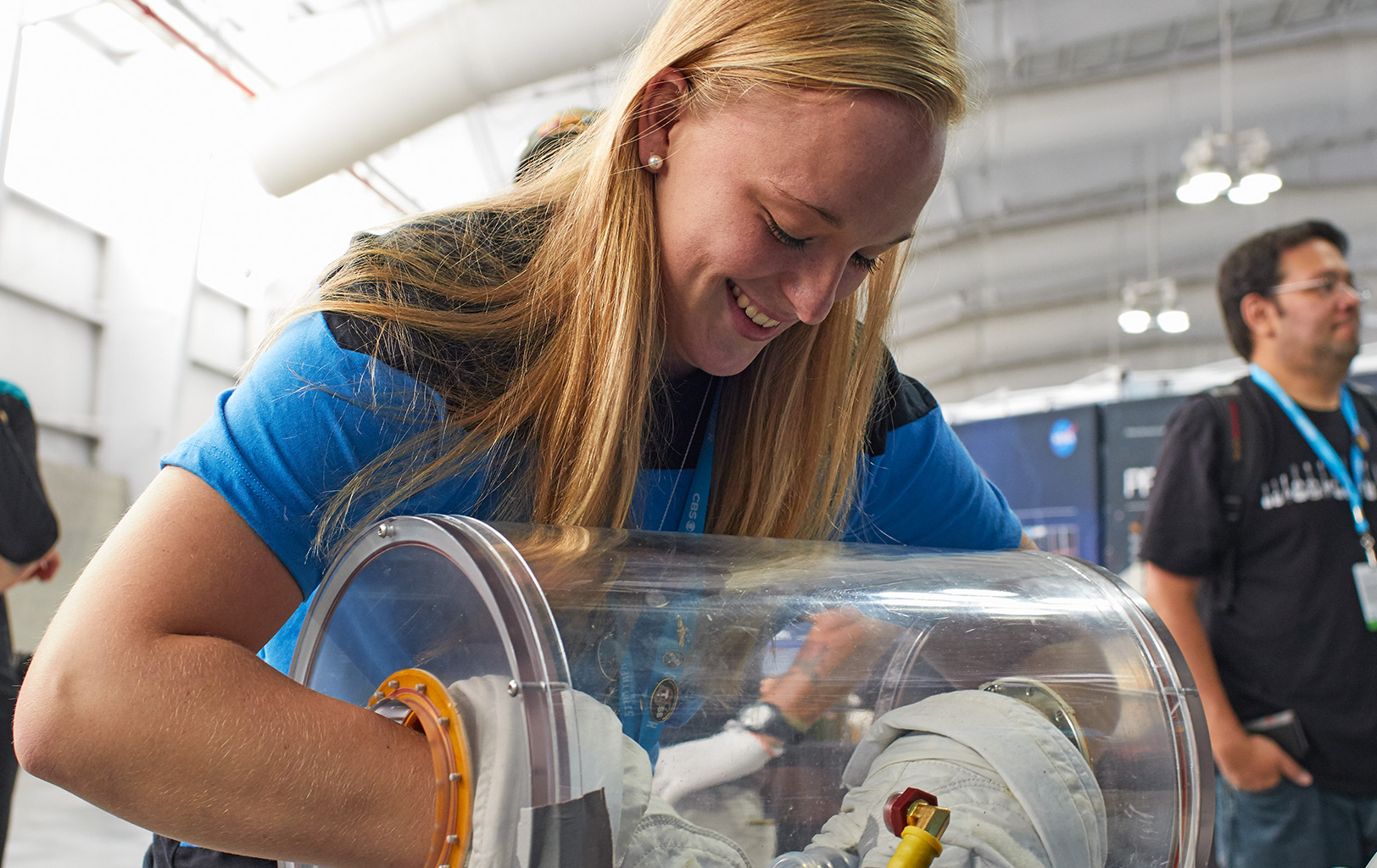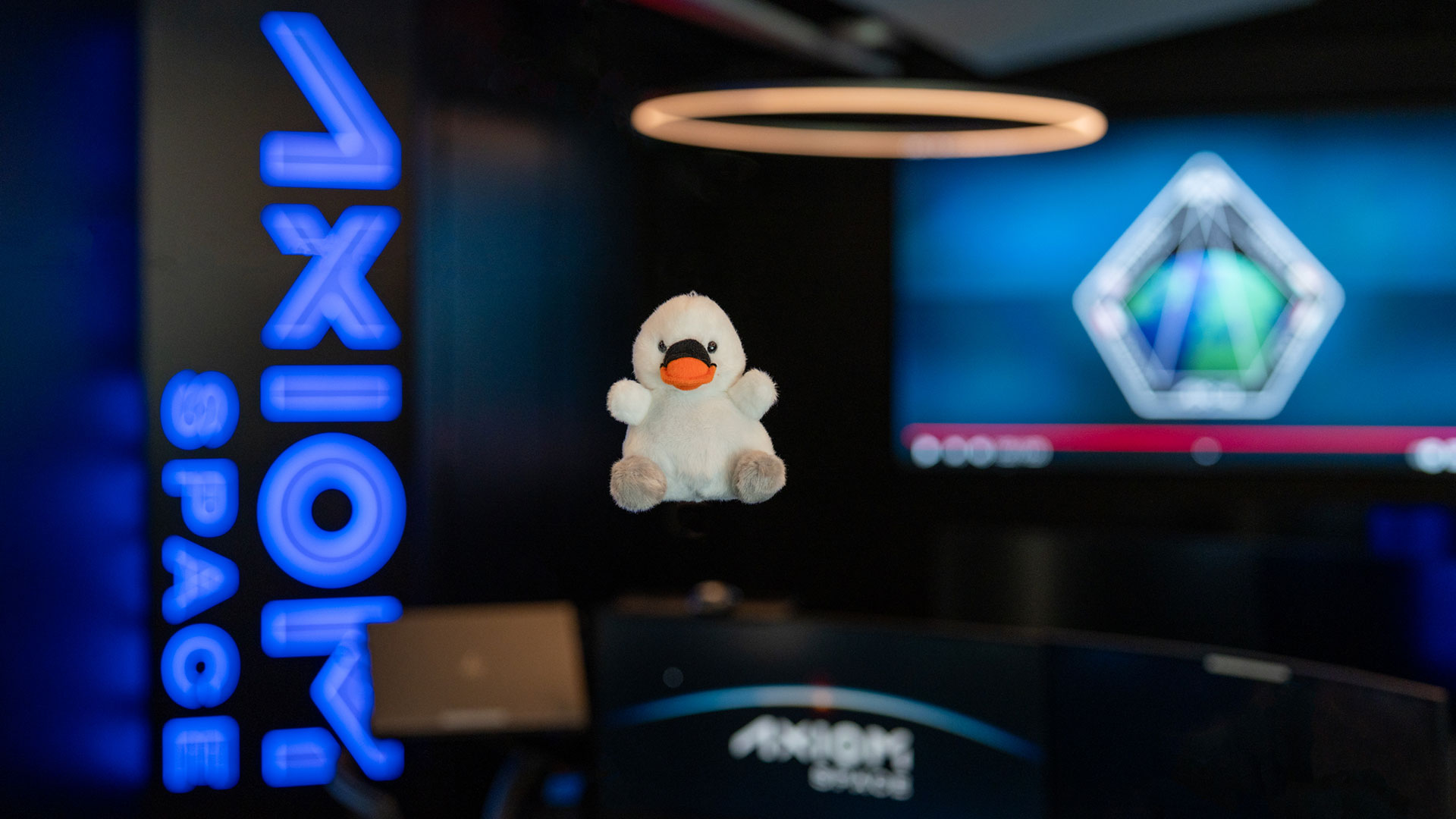Rocket Lab will launch a US Space Force experimental satellite Thursday: Watch live
A two-hour launch window opens 2 a.m. ET (0600 GMT; 6 p.m. local New Zealand time)
The U.S. Space Force plans to launch an experimental research and development satellite to low Earth orbit early tomorrow (July 29), and you can watch the action live.
Rocket Lab's Electron booster will launch the "It's a Little Chile Up Here" mission from the California-based company's launch site located on New Zealand's Mahia Peninsula. The mission is scheduled to lift off from Launch Complex 1 between 2 a.m. EDT and 4 a.m. EDT (0600 to 0800 GMT; 6 p.m. to 8 p.m. local New Zealand time) on Thursday. You can watch the event live here at Space.com, courtesy of Rocket Lab, or directly via the company's website, starting about 20 minutes before launch.
"Our USSF [U.S. Space Force] looks forward to this upcoming mission with Rocket Lab USA from their New Zealand launch site," Lt. Col. Justin Beltz, chief of the Space and Missile Systems Center (SMC) Launch Enterprise's Small Launch and Targets Division of the U.S. Space Force, said in a statement from the Los Angeles Air Force Base. "This STP-27RM launch demonstrates SMC's continuous drive for innovation, flexibility and responsiveness."
Related: Rocket Lab and its Electron booster (photos)
Thursday's satellite launch, sponsored by the Air Force Research Lab, is designed to test the use of small satellites for Department of Defense (DoD) programs. Electron will deploy the satellite, named Monolith, into low Earth orbit to demonstrate the feasibility of large deployable sensors.
Given that the sensor's mass is a substantial fraction of the total mass of the spacecraft, deployment could alter the spacecraft's dynamic properties. Therefore, the demonstration will test whether the spacecraft's altitude control can be maintained once the sensor has been deployed, according to a statement from Rocket Lab.
"Analysis from the use of a deployable sensor aims to enable the use of smaller satellite buses when building future deployable sensors such as weather satellites, thereby reducing the cost, complexity, and development timelines," officials said in the Rocket Lab statement. "The satellite will also provide a platform to test future space protection capabilities."
Get the Space.com Newsletter
Breaking space news, the latest updates on rocket launches, skywatching events and more!
The STP-27RM launch is supported by the DoD's Space Test Program (STP) and the Rocket Systems Launch Program (RSLP) — both of which are part of the U.S. Space Force's SMC at Kirtland Air Force Base, New Mexico — as well as the DoD's Defense Innovation Unit (DIU), as part of the Rapid Agile Launch Initiative (RALI), which is a project initiated to procure prototype commercial small launch capabilities rapidly. The launch is managed by the U.S. Space Force's Launch Enterprise's Small Launch and Targets Division.
Rocket Lab is known for its light-hearted launch names, and "It's a Little Chile Up Here" pays homage to the green chile from New Mexico, where the STP and RSLP are based. STP-27RM follows a May 2019 Rocket Lab launch, STP-27RD, under the same agreement. For that mission, called "That's a Funny Looking Cactus," Electron deployed three experimental satellites for the STP.
"We're excited to have another Electron on the pad for the Space Test Program," Peter Beck, Rocket Lab CEO and founder, said in the company's statement. "We're proud to once again demonstrate the flexible and resilient space access required by our government partners. The Space Test Program has a long history of developing advanced space and launch capabilities that we've all come to rely on, from global positioning systems, satellite communications, meteorological satellites, and space domain awareness capabilities. We're proud to support the continuation of that innovation through rapid and agile launch on Electron."
STP-27RM will be Rocket Lab's fourth launch this year and the company's 21st Electron launch overall.
Follow Samantha Mathewson @Sam_Ashley13. Follow us on Twitter @Spacedotcom and on Facebook.
Join our Space Forums to keep talking space on the latest missions, night sky and more! And if you have a news tip, correction or comment, let us know at: community@space.com.

Samantha Mathewson joined Space.com as an intern in the summer of 2016. She received a B.A. in Journalism and Environmental Science at the University of New Haven, in Connecticut. Previously, her work has been published in Nature World News. When not writing or reading about science, Samantha enjoys traveling to new places and taking photos! You can follow her on Twitter @Sam_Ashley13.
